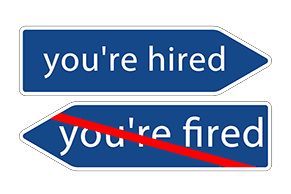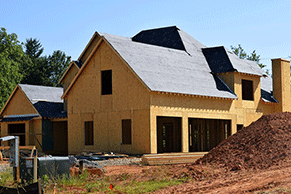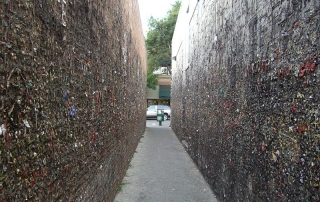Is Cash-Out Refinance Right for You?
It’s smart to look at your current mortgage and mortgage rates. Are rates higher now than when you initially got your mortgage? Are you close to paying off your mortgage? If so, a cash-out refinance may not be the best option for you.
Additionally, it’s smart to consider your current financial situation. The total amount of equity a borrower is allowed to withdraw in a cash-out refinance is based on factors including the value of the home and the borrowers’ current financial situation. Borrowers with a higher credit score, less debt and a higher home equity are likely to pay smaller closing fees than those with a poor credit score and low equity.
Lastly, if you do decide to get a cash-out refinance, pay close attention to the housing market and be smart about the amount of equity you choose to withdraw. Borrowers can run the risk of going underwater on their mortgage if their home price declines – taking out too much equity and having a home’s real estate value drop can be a crippling combination.
That being said, cash-out refinancing is a great option for borrowers who have high interest rates, or are looking for funds to make significant home improvements or consolidate debt.




















